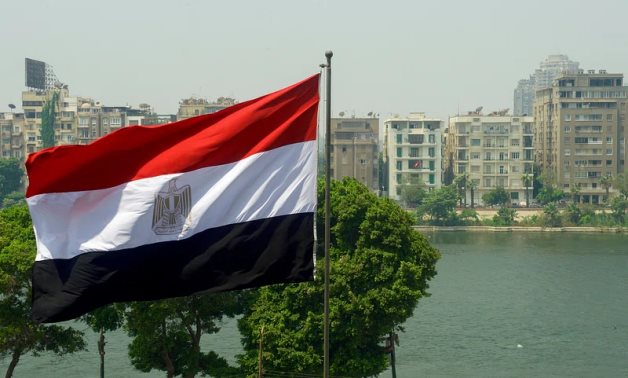
A 5.8-magnitude earthquake rattled northeastern Algeria on Sunday evening, sending tremors through Tebessa province but sparing lives and property, authorities confirmed. The Center for Research in Astronomy, Astrophysics and Geophysics said the quake struck at 8:11 p.m. local time, its epicentre located southeast of Negrine.
Algeria’s Civil Protection Department reported no casualties or material losses, noting that emergency crews had swiftly launched rescue and assessment operations across the region. Seismic tension is a familiar shadow in Algeria, where the earth has repeatedly delivered destruction, grief and scars etched deep into memory.
In 1954, Chlef was shattered by a 6.7-magnitude earthquake that killed more than 1,200 people and injured thousands more amid collapsing homes. That tragedy returned with brutal force in 1980, when a 7.3-magnitude tremor struck the same province, killing 2,633 people and levelling much of the city.
Another disaster followed in 2003, when Boumerdes province and northern Algeria were rocked by a 6.8-magnitude quake, claiming over 1,300 lives and wrecking infrastructure. Sunday’s earthquake, though less severe, rekindled fears of the country’s violent seismic past, reminding Algerians of fragility beneath seemingly steady ground.
As emergency services continue patrols and assessments, residents remain vigilant, their nerves caught between relief and an enduring fear of aftershocks. For a nation marked by tragedy and resilience, the tremor offered both reassurance of preparedness and a haunting echo of history’s devastation.




